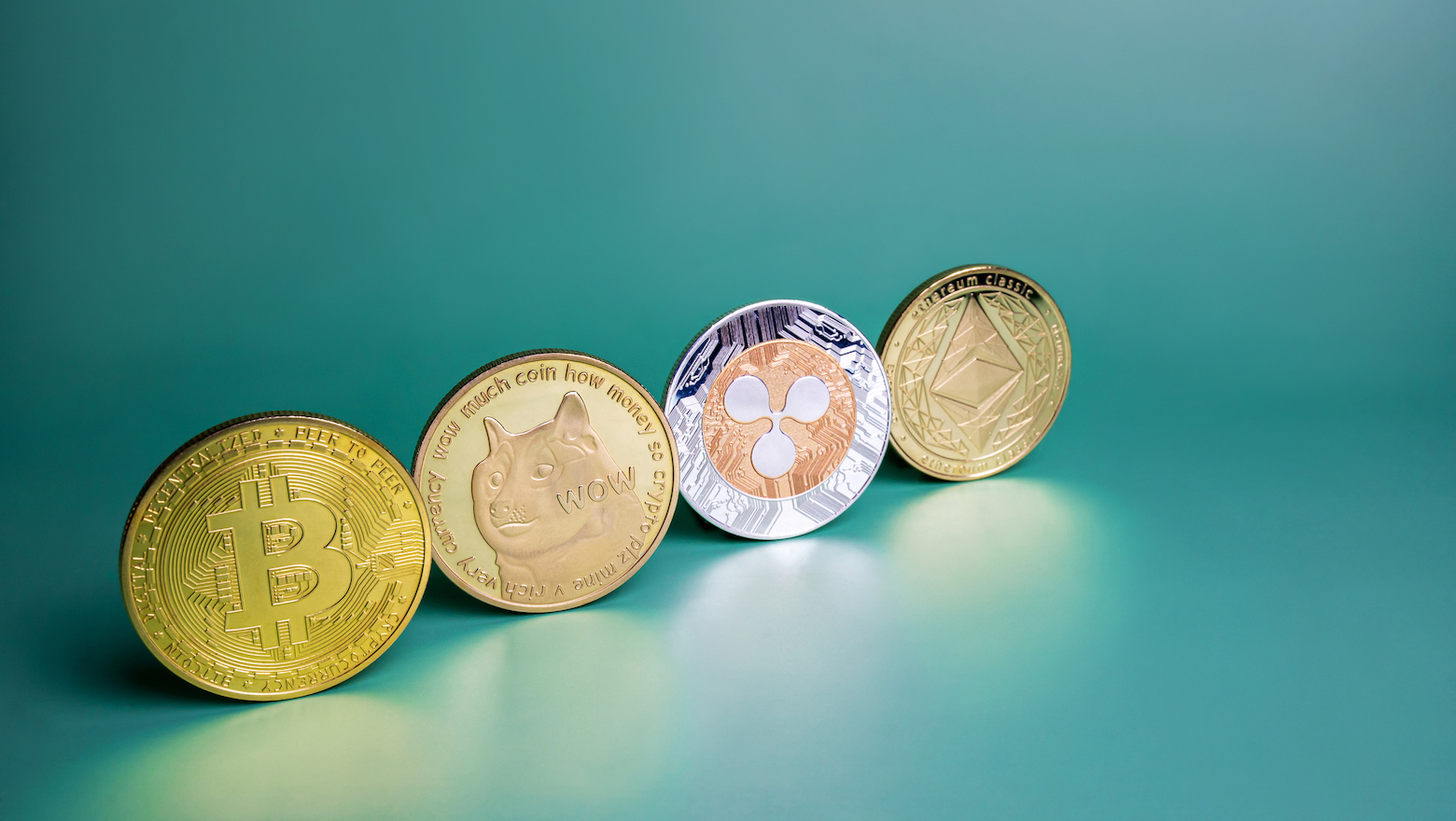Discover why market manufacturers are crucial in crypto, aiding exchanges with liquidity and tasks with stable token markets for smoother trading.
Market manufacturers are usually an underappreciated yet crucial part of monetary markets. These entities, firms or people, play a crucial function in guaranteeing that monetary markets operate efficiently. To understand why market manufacturers are important, allow’s dive into their duty and who benefits from their solutions in the crypto globe.
Why does one require a Crypto Market Maker?
What Are Market Manufacturers?
At their core, market makers offer liquidity to monetary markets. They do this by pricing quote deal prices for crypto properties. Their aim is to help with transactions for other market participants, making certain that buyers and sellers can trade effectively without considerable hold-ups or price volatility. In crypto markets, the function is usually filled by algorithmic trading companies such as Gravity Team.
Market Manufacturers in Crypto: An One-of-a-kind Landscape
The cryptocurrency market presents distinct challenges and possibilities for market manufacturers as a result of its decentralized 24/7 nature and high volatility. Market makers play an essential role in resolving these difficulties and enabling the ecosystem to flourish.Read more market making in crypto At website Articles
Why Crypto Exchanges Need Market Makers
Cryptocurrency exchanges depend heavily on market makers to guarantee their systems stay attractive to traders. Here’s how market manufacturers sustain exchanges:
- Keeping Energetic Order Publications: Market manufacturers occupy order books with deal orders, making certain there is always activity on the system. This liquidity urges traders to utilize the exchange, understanding they can perform their trades quickly at affordable prices.
- Lowering Bid-Ask Spreads: Narrow bid-ask spreads make trading much more cost-efficient for users. By giving affordable quotes, market makers boost the trading experience and drive volume on the exchange.
- Dealing With High Volatility: During durations of extreme market activity, market makers step in to provide security, stopping large rate swings that could otherwise deter customers from trading.
- Enhancing Trustworthiness: A liquid exchange is usually regarded as even more reputable and trustworthy. Market makers’ involvement increases user self-confidence and brings in both retail and institutional investors.
Why Crypto Projects Demand Market Makers
For tasks introducing new tokens, market manufacturers are vital in making sure a successful market launching and lasting price security. Below’s exactly how they help companies:
- Supporting Token Launches: Throughout a task’s TGE or token listing on an exchange, market manufacturers give the liquidity necessary to guarantee that very early capitalists can buy and sell symbols without extreme rate swings.
- Establishing Cost Security: Without enough liquidity, token rates can come to be highly volatile, preventing prospective financiers. Market manufacturers smooth out rate variations, cultivating a more steady and foreseeable trading environment.
- Motivating Capitalist Self-confidence: A fluid and steady market for a token signals maturation and dependability, making it a lot more attractive to both retail and institutional financiers.
- Assisting In Large Trades: Market manufacturers enable companies to fit substantial buy or offer orders without triggering radical cost motions, which is important for drawing in larger gamers to the ecological community.
That Takes Advantage Of Crypto Market Makers?
- Exchanges: As the key beneficiaries, exchanges depend on market manufacturers to preserve liquidity and ensure competitive rates. This relationship is vital for the survival and growth of any crypto trading platform.
- Token Issuers: Companies take advantage of boosted market stability and liquidity of their symbols.
- Retail and Institutional Traders: Both teams rely on market makers to implement trades successfully and cost-effectively. Retail traders take pleasure in tighter spreads and higher liquidity while organizations can implement big trades with very little rate influence.
 صحيفة سودان بيزنس الاقتصادية صحيفة سودان بيزنس الاقتصادية
صحيفة سودان بيزنس الاقتصادية صحيفة سودان بيزنس الاقتصادية

